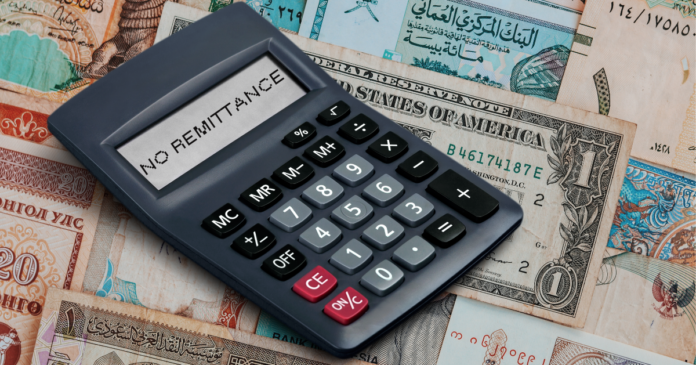The call for a “Zero Remittance Week” by certain overseas Filipino worker (OFW) groups has thrust the political influence of migrant Filipinos back into the spotlight.
The protest, framed as a response to the arrest of former President Rodrigo Duterte by the International Criminal Court (ICC), has drawn mixed reactions, from warnings by economists to condemnation from government officials and lawmakers.
The proposed boycott emerged after Duterte was arrested in March 2025 and extradited to The Hague to face charges of crimes against humanity related to his bloody anti-drug campaign. Pro-Duterte OFW groups abroad, particularly in the Middle East and Europe, called for a temporary halt in money transfers to the Philippines, citing the government’s “betrayal” of the former president.
Some protest leaders positioned the boycott as a peaceful way to express dissent without taking to the streets.
The backlash was swift. Senate President Juan Ponce Enrile warned that weaponizing remittances risked “crippling the very families they claim to defend.” Labor Secretary Bienvenido Laguesma, on the other hand, cautioned that politicizing remittances was “deeply irresponsible,” stating that these flows sustain millions of Filipino households.
Even supporters of Duterte, like Senator Imee Marcos, urged OFWs to “think carefully” before joining such actions, warning of unintended economic and social consequences.
OFWs are undeniably a force in the Philippine economy. In 2023, remittances reached $36.1 billion, accounting for nearly 9% of GDP. These transfers fund education, food, housing, and small businesses.
A week-long remittance freeze, according to economists, would not cause an economic collapse, but it would strain household finances, especially for dependents living paycheck to paycheck. The Bangko Sentral ng Pilipinas (BSP) stated that while the macroeconomic impact would be “manageable,” the social cost could be significant.
Beyond economics, OFWs are also a growing political force. There are more than 10 million Filipinos living and working abroad, and in recent elections, overseas voting blocs—particularly in Hong Kong, Dubai, and parts of Europe—have shown increasing turnout and political organization. Through social media and group chats with relatives back home, OFWs shape not just family decisions but community opinion.
The Zero Remittance Week may not result in widespread financial disruption, but it has revealed the weight OFWs carry, not only in Pesos but in political capital.
As public discourse shifts online and across borders, migrant Filipinos are no longer just spectators. They are voters, funders, influencers, and now, protest organizers.



